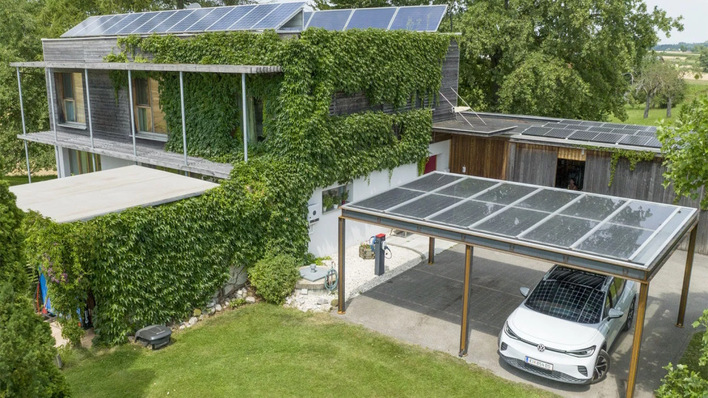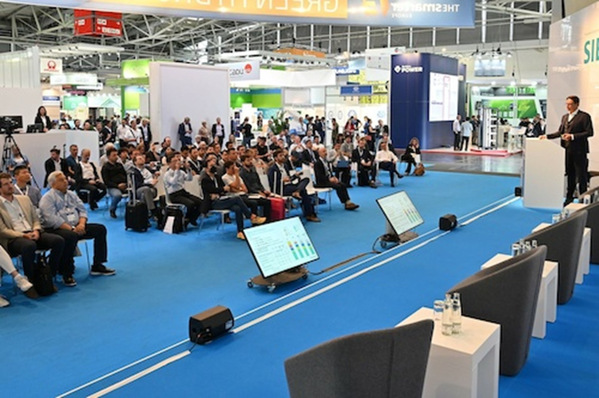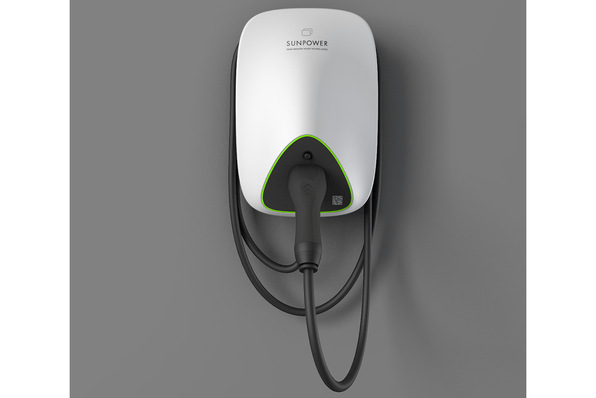Both companies have signed a memorandum of understanding to this end. "Wireless charging of electric vehicles is developing into an important future market," says Stefan Perras, head of innovation for charging infrastructure at Siemens. It will become much easier for drivers not to have to fiddle with cables and plugs.
Charging as efficient as with plugs
Another component of the cooperation is to achieve uniformity in the pre-standardisation and standardisation committees. The aim was to close open gaps and thus ensure full interoperability between the vehicle and the charging infrastructure. "The transmission efficiency of wireless, inductive charging is comparable to plug-based systems," promises Perras.
See also: Siemens presents simple EV charging concept
Furthermore, a close exchange in the development of a complete inductive charging system for electric vehicles is planned. Both companies are also planning extensive interoperability and cross-testing between the charging device on the vehicle (secondary coil) and the charging infrastructure (primary coil). This should improve inductive charging systems of electric vehicles and ensure interoperability. The implementation of the tests is to take place, among other things, within the framework of publicly funded projects, Siemens informs. (nhp/mfo)
Also interesting: Momentum Dynamics announces dual-power automatic inductive charging







